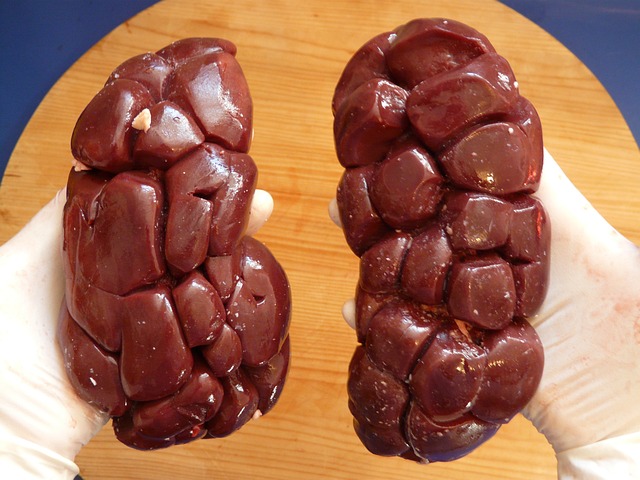Topiramate is classified as a seizure medication most commonly used in the management of migraines and weight loss. This medication has carbonic anhydrase activity and here I will outline a case of topiramate-causing renal stones.
JE is a 66-year-old female with a history of hypertension, GERD, osteoporosis, migraines, and rheumatoid arthritis. Her current medications include hydrochlorothiazide, topiramate, vitamin D, omeprazole, calcium supplement, methotrexate, Tums PRN, sumatriptan as needed and ibuprofen as needed. She presents to the urgent care clinic today to report blood in her urine, stomach upset, and painful urination. She is diagnosed with renal stones.
Upon investigation, you’ve recently found out that she transitioned off of valproic acid for migraine prevention due to its potential contribution to hair loss and was started on topiramate about a month previously to her urgent care visit today. You suspect this is the major contributing factor to the renal stone but one should always remain curious and review other possible considerations. We’ve covered many topiramate clinical pearls in the past.
Renal stones are most often calcium based. Elevated calcium levels and calcium intake, in general, can lead to an increased risk for renal stones. This patient is taking vitamin D and a calcium supplement so we should also ensure that this is addressed. In addition to the supplement and vitamin D, this patient has an order for Tums which could also contribute to the calcium load. Excessive intake can lead to a great amount of calcium around in the body to contribute to the formation of these stones.
In addition to the calcium and vitamin D, you discover that the patient has been experiencing frequent urination. This can be exacerbated by hydrochlorothiazide (podcast). When asked if the patient is drinking adequate water throughout the day, the patient replies that she only has a couple of glasses per day because if she has more than that, she feels that she needs to go to the bathroom all the time. This should also be addressed as low fluid intake can also increase the risk for renal stones.
While at first glance, this case easily demonstrates the topiramate and renal stones connection, it’s obvious that there is more to the story than that. It’s always important for a clinician to review all the medications a patient is taking and review what other risk factors may be contributing to a primary condition.
- 30 medication mistakes PDF
- 18+ Page Drug Interaction PDF
- 10 Commandments of Polypharmacy Webinar based on my experiences in clinical practice



0 Comments